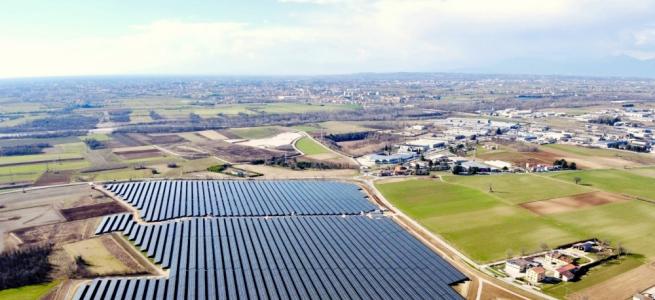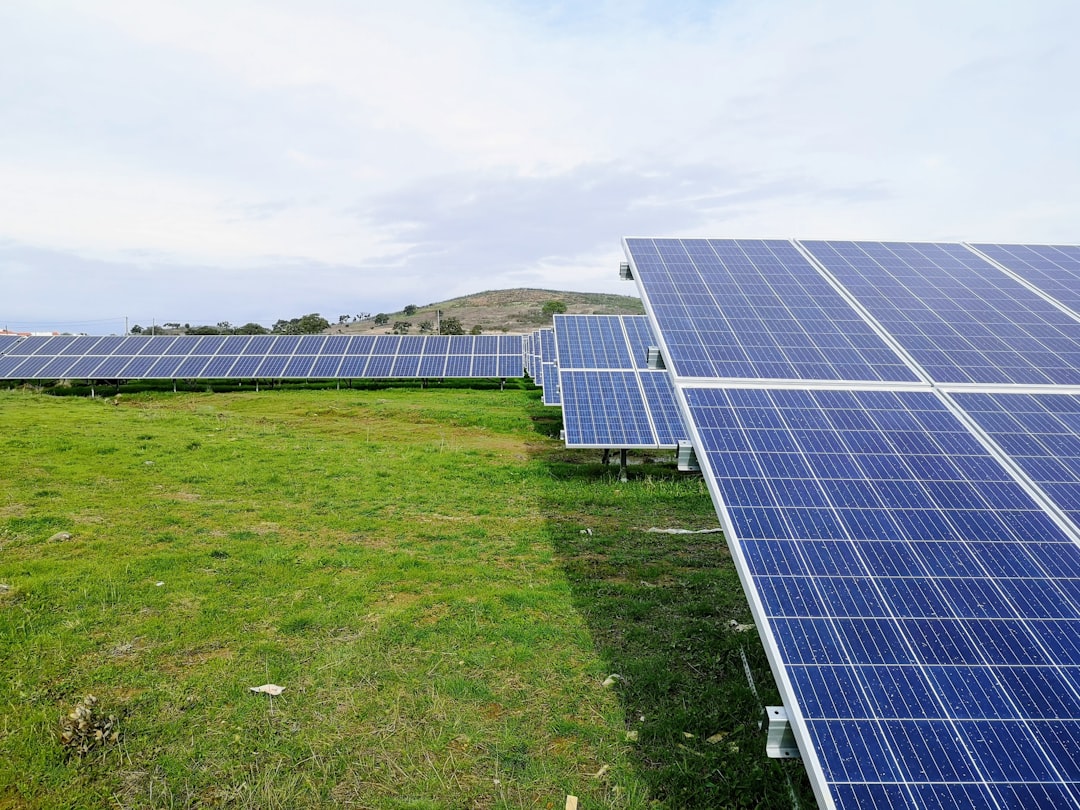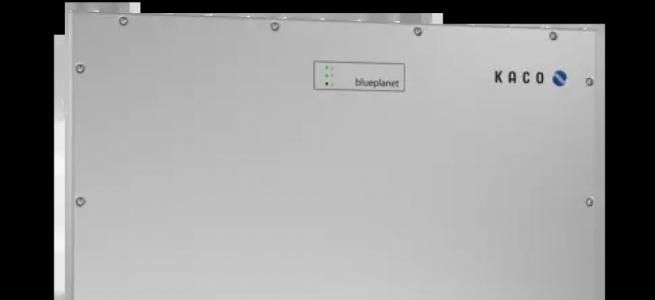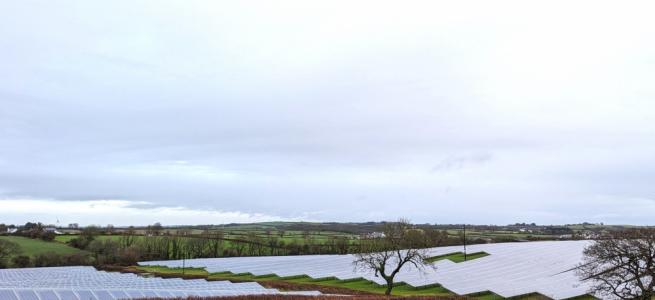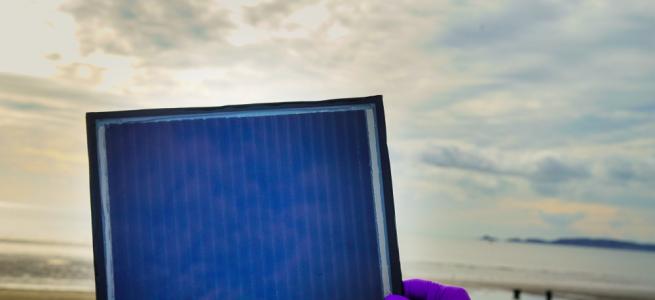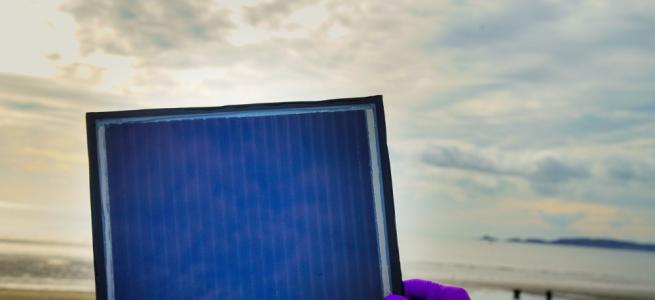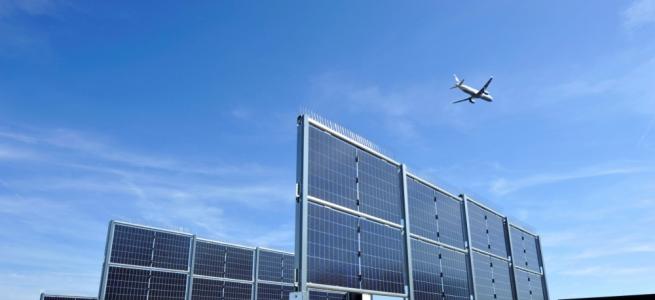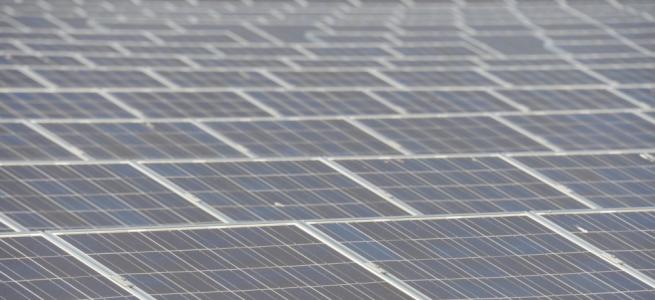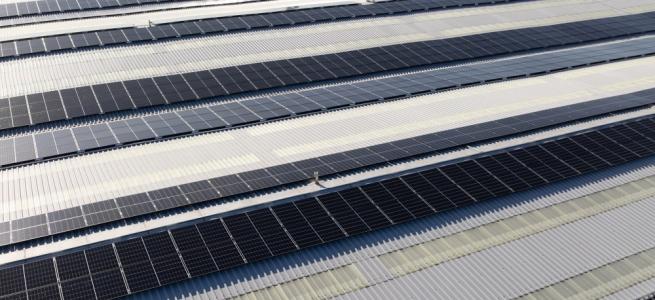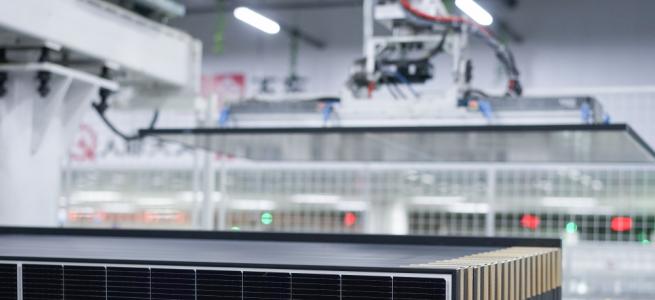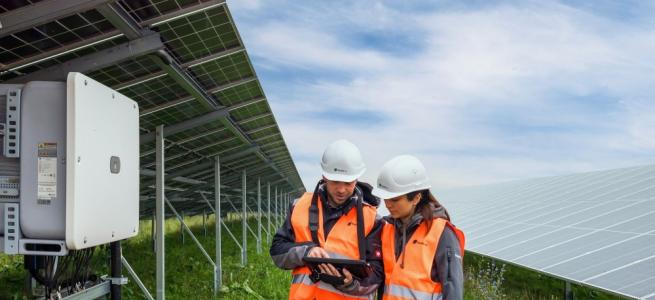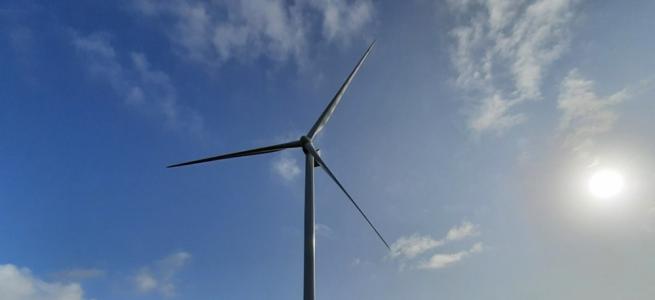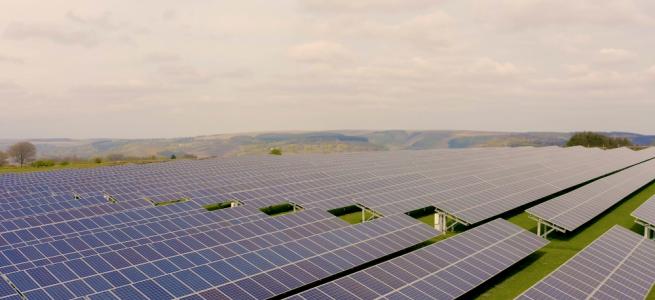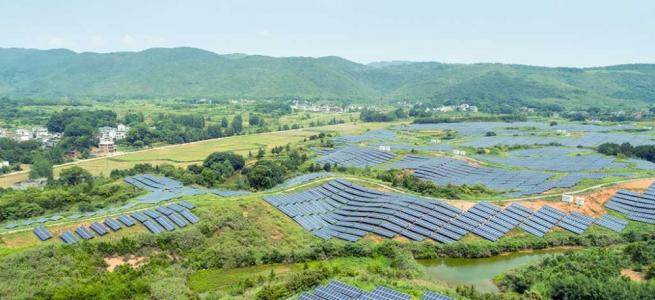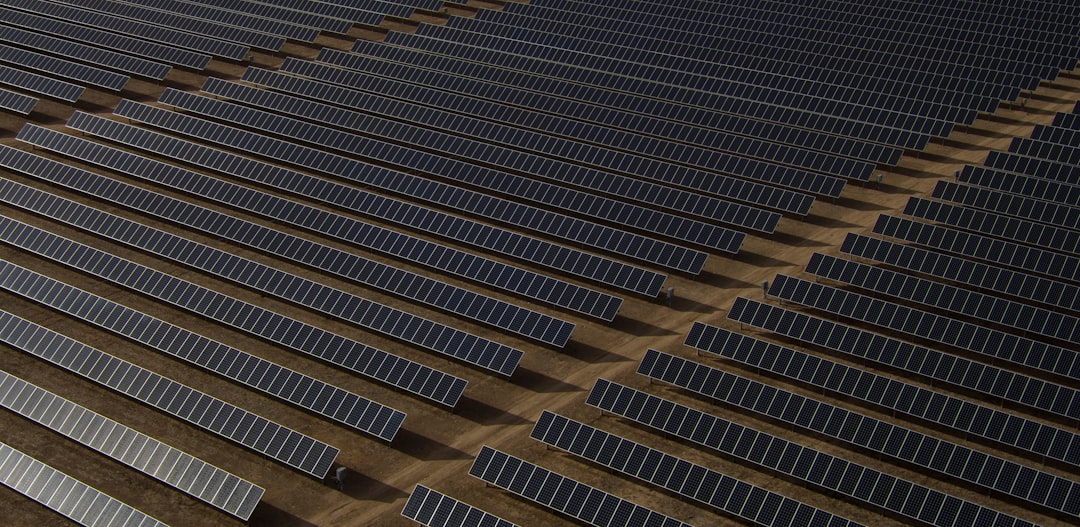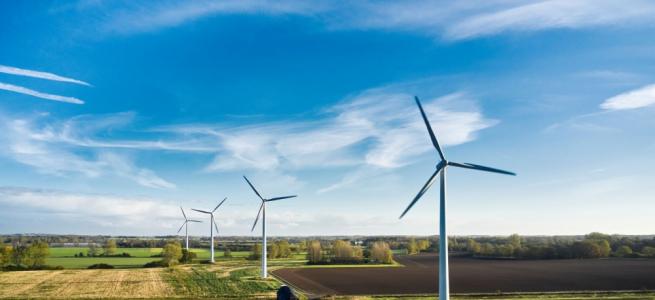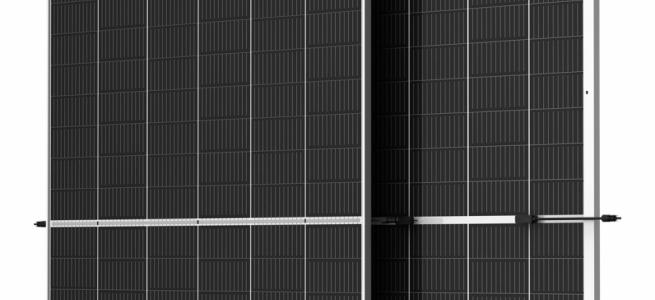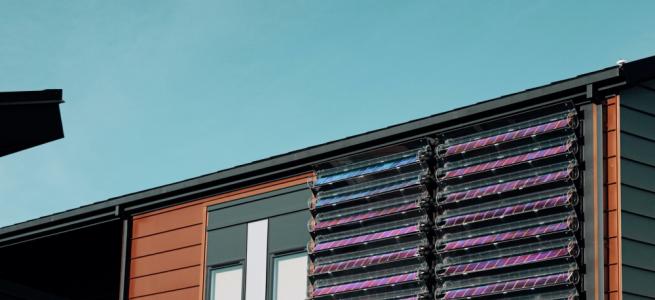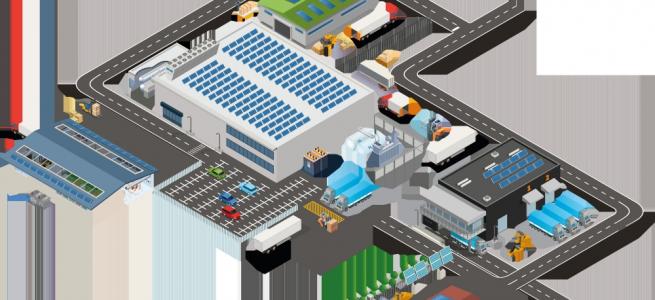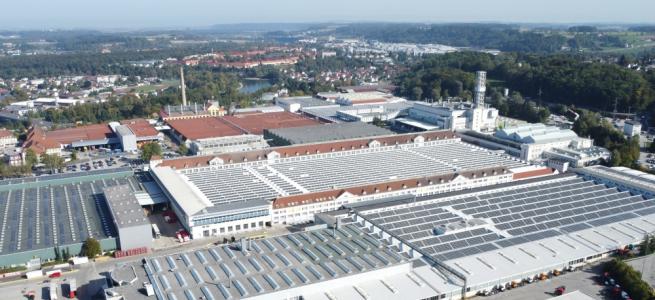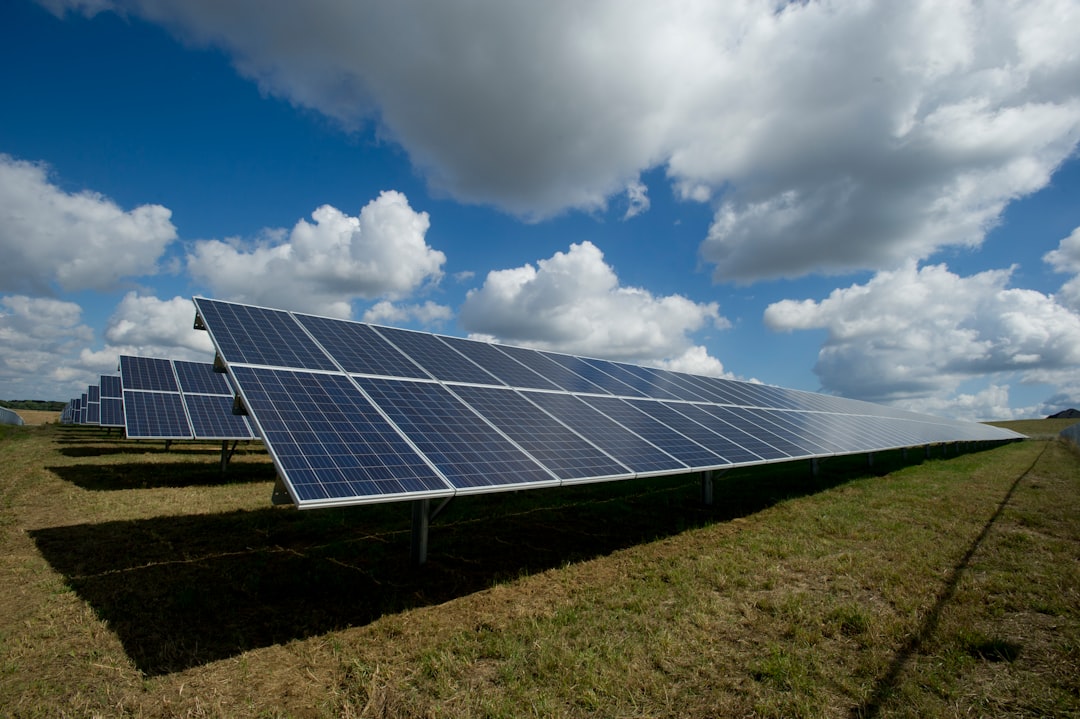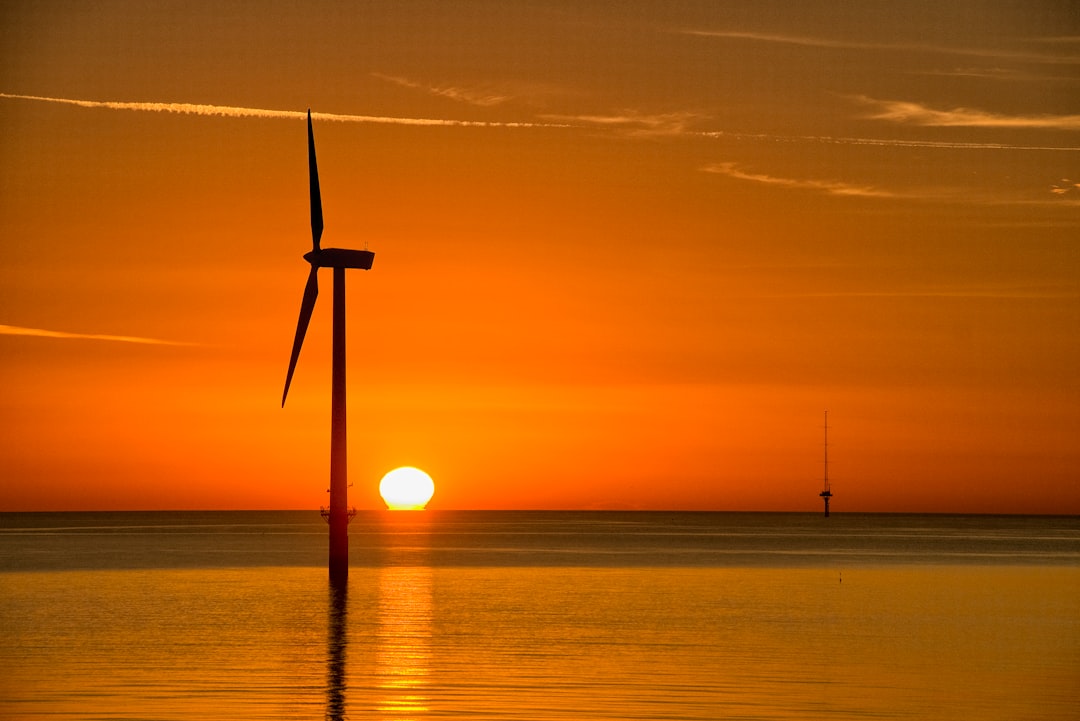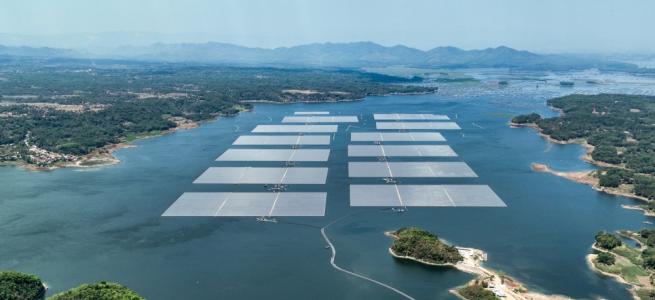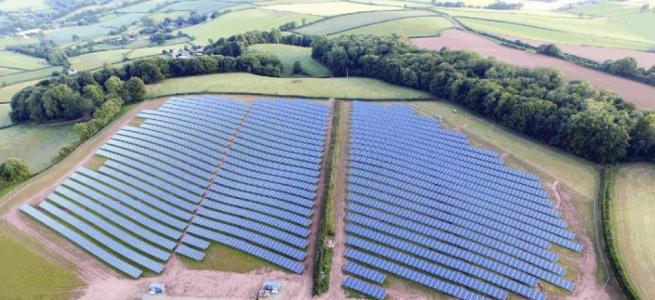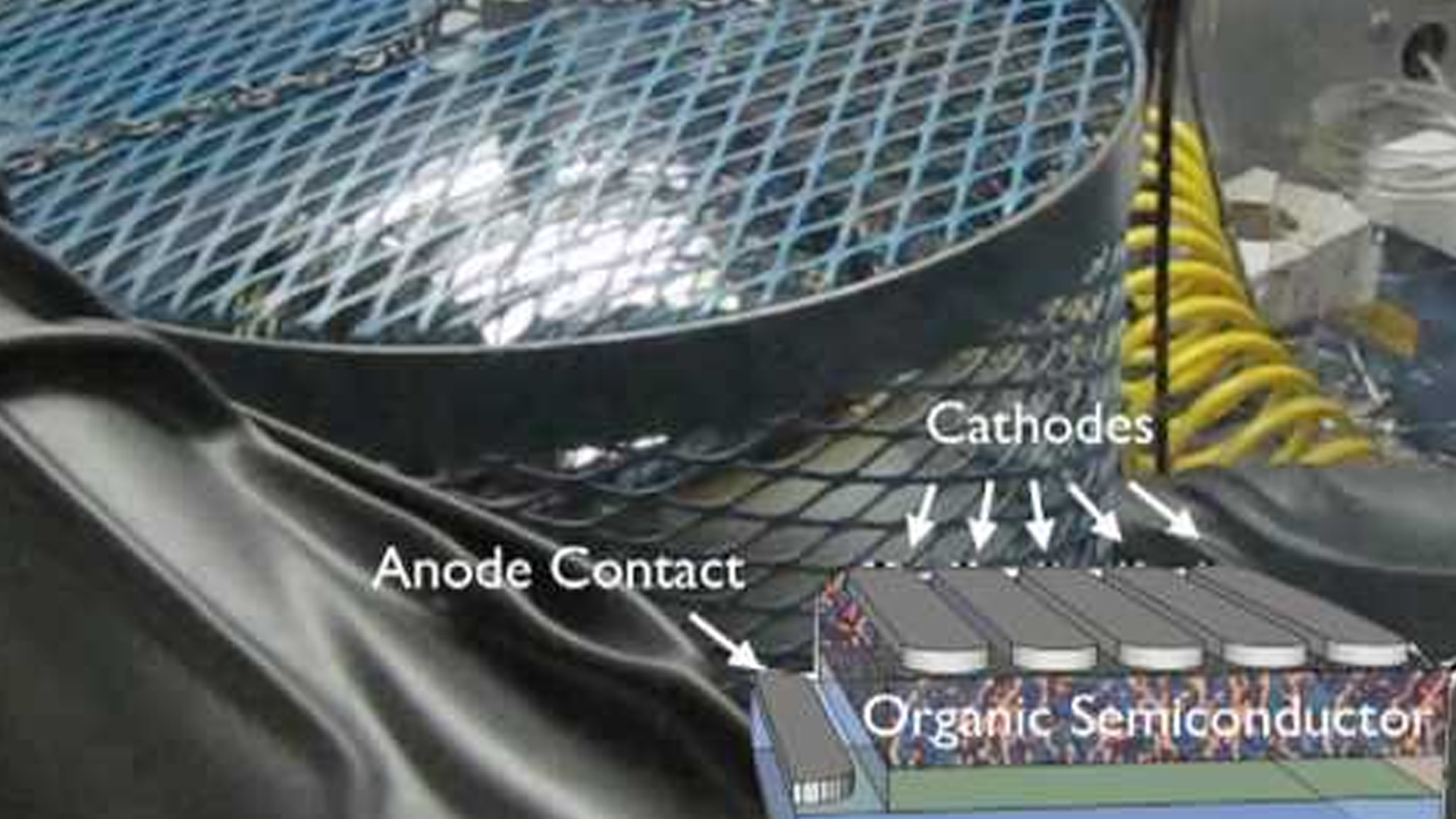News Article
Compromise Needed To Avert A Trade War
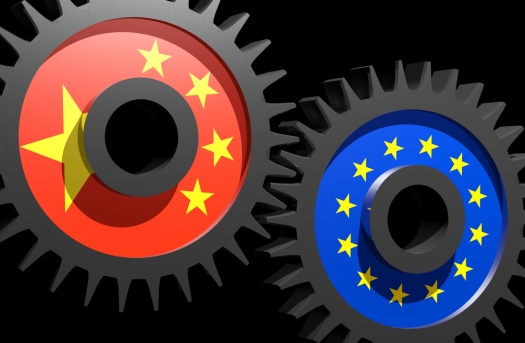
The European Commission has announced its decision in the dumping case against Chinese manufacturers. Whilst the decision is basically against the Chinese, David Ridsdale discovers the resulting layered punitive duties opens a window of opportunity for all parties to sit down and avert a financial blow to the solar industry but more importantly to avert a full on trade war between the regions.
European photovoltaic (PV) installations are forecast to fall by more than 6 gigawatts (GW) in 2013, with 1.3 GW of this decline attributed to incoming EU anti-dumping duties on Chinese modules according to analyst group IHS. This is the most obvious impact from the European Commission (EC) announcement that punitive tariffs will be applied to all solar panels, cells and wafers manufactured in China. Despite the announcement at the beginning of June this is one trade case that is far from over and whose direction remains difficult to determine.
EU Trade Commissioner Karel De Gucht appeared to be offering a compromise in announcing initial trade tariffs lower than feared but this early duty set at 11.8% is only valid until August the 6th when duties will increase to 47.6%. A figure that is much more daunting for those in the industry who feel such a punitive tariff could provide a death knell to regional industry development. Considering De Gucht had most European countries trying to convince him to delay any tariffs, it would appear more likely that he found himself in a very tight situation and this was his way of providing details of his decision whilst throwing the real work of potential compromise back to the European Union (EU) and China.
De Gucht had this to say in delivering the decision, "Let me be very clear: I want an amicable solution with our Chinese partners; that is also what Europe wants."
By setting a three month window De Gucht has told the respective parties that tariffs will rise unless they can reach a compromise. In effect he is saying that the investigation has found the Chinese manufacturers guilty as charged but the political and economic fallout from such a decision is too hot a potato for him to juggle. If China can reach an agreement that all parties are happy with then duties will stay at the lower end or disappear all together
De Gucht and the EC investigation found themselves at the centre of a much larger trade situation between China and much of the developed world. While the current situation began when Solarworld led a consortium in the US to encourage a trade investigation claiming the influx of Chinese manufacturers had so vastly over supplied global capacity that they were now dumping excess stock by selling below cost with the financial support of the Chinese government and financial system. This case went against China and triggered a number of trade cases around the world both against China and in retaliation from China itself when they accused US and European manufacturers of dumping polysilicon in the same manner they were being accused of dumping modules and cells.
No-one is privy to the behind the scenes political machinations that continue as both EU and China seek a satisfactory conclusion but the bits of information available makes it clear that very few people in leadership positions are happy with the EC announcement. More than half of the EU members lobbied until the end of May in an attempt to ensure there was no duty charged and the few announcements from China suggest that they are not only displeased with the outcome but are actively looking at other industries they can instigate similar investigations upon.
When Ministry of Commerce spokesman Shen Danyang spoke to a press conference he was careful in his words and while expressing disappointment the government felt on the decision praised the EC's flexible approach in allowing a three-month window of potential negotiation. He expressed concerns at the way the investigation occurred especially in relation to the sample group chosen and questioned why the entire industry needed to be punished. He went on to iterate China's position was to look after their national interests and the arduous task ahead of sticking to the Chinese point of view on the matter.
At the same time the nationally controlled media outlets were being more forthright in their criticism of the process. The People's Daily singled De Gucht out and claimed he was intentionally trying to stir up trouble between the regions and alluded to the political battles that occur between the EU and the EC. The paper warned that China still had plenty of cards to play in retaliating against Europe. In fact the paper proudly stated they had the stronger hand and Europe needs to realise their global power was waning. Even though many do not want to acknowledge the undercurrent of events there is a international struggle as the traditional European North American form of capitalism is challenged. It is this larger battle that the solar industry has found itself embroiled in.
Currently in the media there is a desire to assume any trade dispute must be connected to the anti dumping case. Just after the EC announcement the Chinese government announced they were investigating wine imports from France following complaints by local producers that the French were dumping their stock in China below cost price. While it is tempting to assume this case is a direct retaliation the truth is this complaint began 18 months earlier. The timing of announcement that the case was progressing certainly had the desired effect in France and putting that country on notice that both sides had cards to play in this disagreement.
Only days later that Chinese fired another salvo but this time it was about a new complaint and was targeted to the luxury car market suggesting German manufacturers had been undercutting Chinese auto producers in an attempt to create market share in the huge market. This challenge will be taken very seriously in Germany and is seen as restrained in some quarters focusing only on a section of the market. They are letting Germany know there are things to trade against and things could get much worse.
The Chinese feel slighted by the attack on their solar industry but will fight the European announcement much stronger than they did the hors d'oeuvre that was the USA trade dumping dispute. The reasons are purely economic. The US market was s till in its infancy and a small percentage of the global market when the dispute occurred. Europe still makes up a bulk of the global market and the cost to the Chinese industry will be much more substantial. Many people inside China see the EC investigation as a Trojan horse hiding much larger international issues and this could be the real danger to European concerns.
In simple terms the impact on the UK market cannot be completely determine as time will be the biggest teller of this. With a heavy reliance on Chinese imports the impact on the UK will potentially be greater than on areas such as Germany. Even without the trade disagreement margins had become extremely tight for the UK industry and subsidies were falling in line with cost and output. As government support has fallen in line with falling prices the realistic question is whether the government respond the same if prices climb due to the fallout of the EC investigation. In such times of austerity it is difficult to see such a reversal but it is this gap between subsidy and cost that is the real determiner of the health of the overall UK industry.
The UK government did not shirk in attempting to persuade the EC to decide not to impose tariffs with a high level delegation led by the minister for energy and climate change, Greg Barker went to Brussels and urges other EU member sates to vote against any provisional duties. He was accompanied by UK industry leaders and urged the EC to consider the impact of their decisions. The Alliance for Affordable Solar Energy (AFASE) sponsored Prognos report suggested the fall out in the UK would be the greatest as 80% of modules in the UK were from China.
Barker had to work a fine line of acknowledging a commitment to free trade whilst arguing that imposing sanctions for breaking such agreements would work against European growth. The argument was simply that the renewable energy industry had created numerous jobs and opportunities and these sanctions could put the brakes on Europe's attempts to continue as a global player in the sector. The main reason cited for this growth by Barker is the falling cost of solar and PV. In just three years, the per kilowatt cost of installing solar electricity has dropped by around 60pc. Barker claims this has been achieved by advances in technology alone but he carefully steps around the impact subsidies had in creating the markets to enable the market to grow enough to drive prices down. The truth is that areas like the UK benefited greatly from those reduced prices even if they came from one country dumping product to reduce their own over capacity.
In this situation the pursuit of international trade laws to the letter would come at an unacceptable cost to local economies and markets. Now that the EC has decided in favour of duties the UK government must continue to lobby in Europe as China hold talks with all parties in an attempt to stave of the looming August increase.
Recent announcements from some of China's biggest players suggest that some have almost reached the end of their current stock and there is even concern that there may be a shortage of product despite last year's oversupply of almost 15 GW. This would suggest some canny product line efforts in reducing costs as margins fall and as preparation for any EU fallout. Companies have been gearing up for a potential decision against the Chinese in various ways from adding an insurance cost to reducing output so product cannot be hot. Some companies are also ensuring that their main business moves away form the EU region which may further damage the EU and UK markets.
One question the UK government is not answering is whether they are prepared to increase Feed in Tariff options if solar prices rise in the same way they decreased them when prices fell. Without this flexible support the government risks missing out on plans to achieve 20GW by 2020. There will be mad scrambling with calculators now the decision has been announced and the industry will be looking to see the government backs them in a more active way than strong word. As welcome as they may be.


